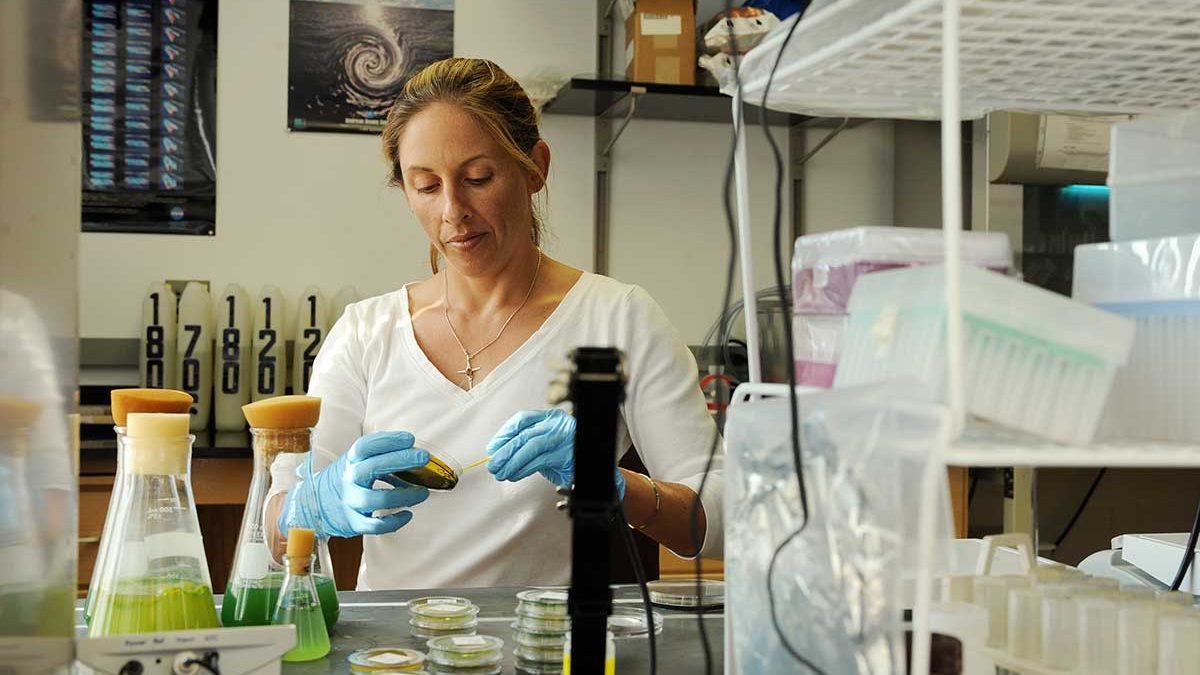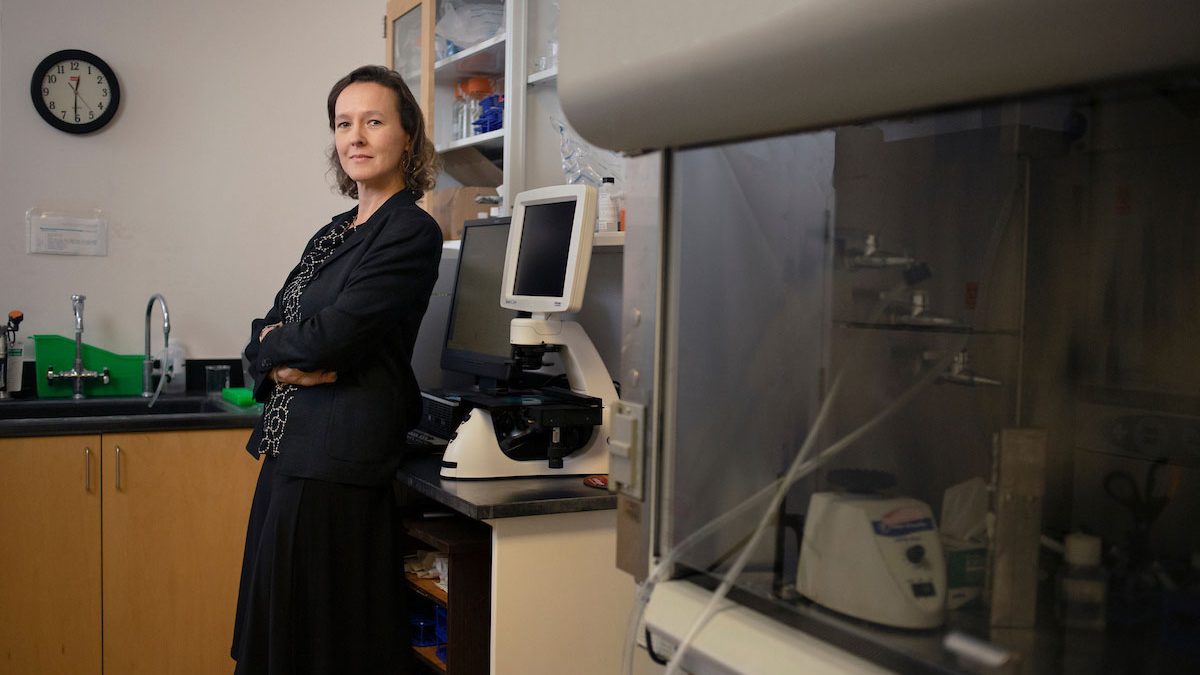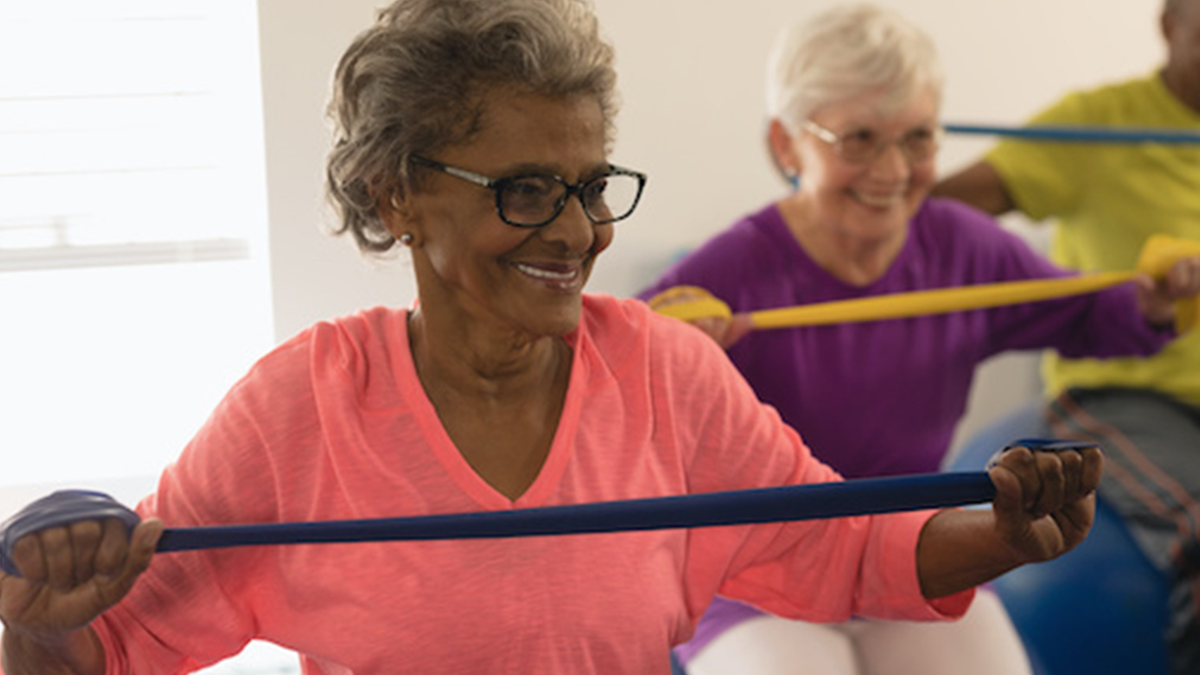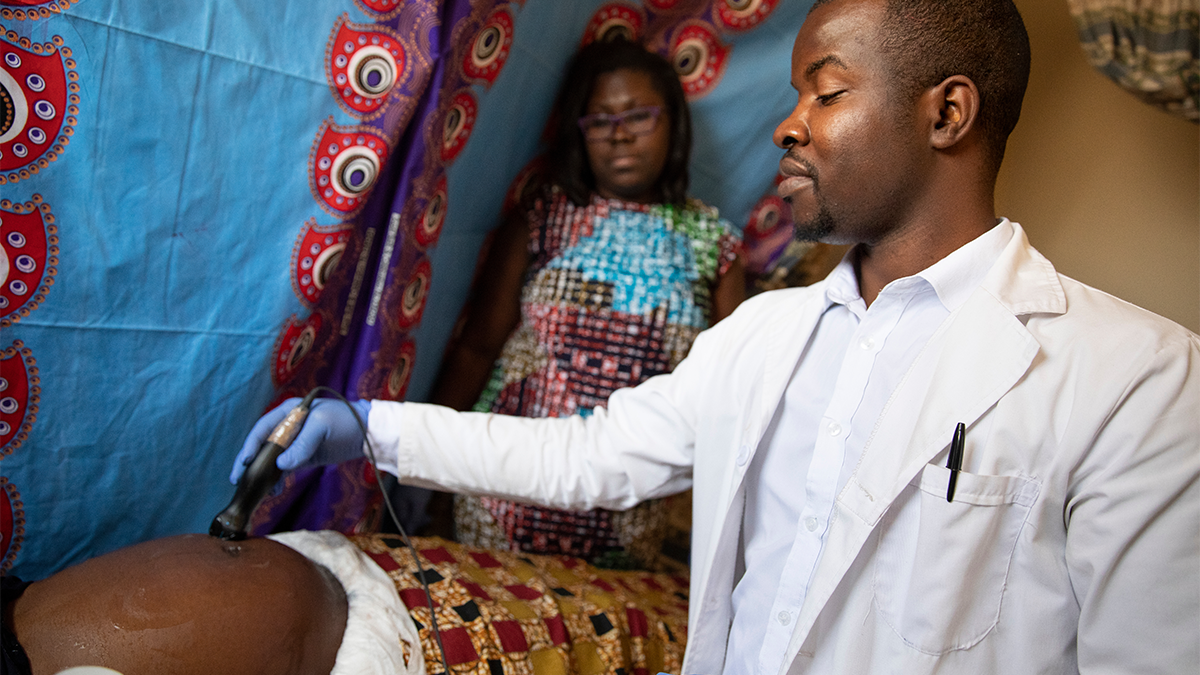Testing Water Systems for COVID-19
UNC-Chapel Hill researcher Rachel Noble is studying the transmissibility of COVID-19 through water and the environment.

UNC-Chapel Hill researcher Rachel Noble is studying the transmissibility of COVID-19 through water and the environment.
Rachel Noble, Ph.D., the Mary and Watts Hill Jr. Distinguished Professor in the UNC Institute of Marine Sciences and a professor in the Department of Environmental Sciences and Engineering in the UNC Gillings School of Global Public Health and the UNC Institute for the Environment, is researching the transmissibility of SARS-CoV-2, the virus strain that causes COVID-19, through water and the environment.
Noble plans to use a new testing tool for improved assessment of the prevalence of SARS-CoV-2 in North Carolina, with particular attention to rural water systems. Her focus on co-risk associated with wastewater, septic systems and package treatment systems can help manage the contamination risk associated with sewage spills and flooding events. Her team’s expertise in applying rapid diagnostic methods to wastewater, marine and freshwater recreational waters, and other systems like seafood and shellfish, will help us understand the risk of resurgence through food-borne disease as the global population transitions back to normal functioning.
Learn more about Noble and her research at The Noble LabOpens in new window.
At the UNC Gillings School, we’re on the front lines of public health. From disease prevention to promoting equity and engineering a healthier planet: We’re on it. Every two weeks, we share top stories of local and global impact in our Front Lines newsletter. Sign up nowOpens in new window.





